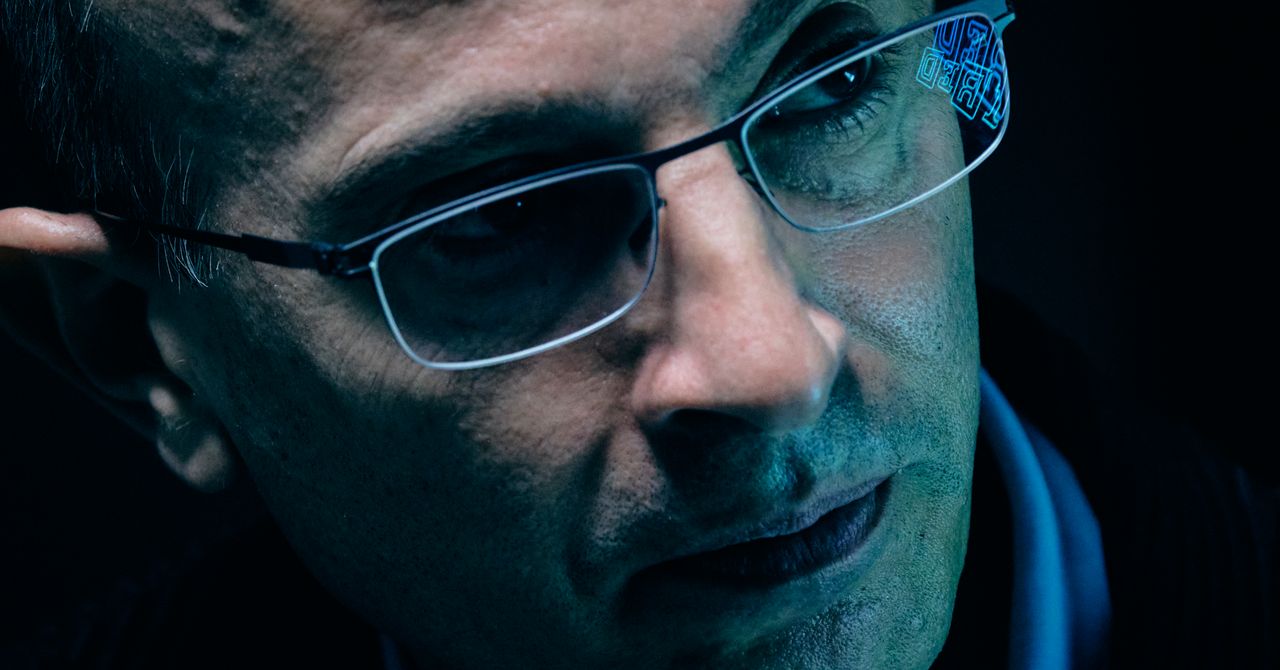Physical Address
304 North Cardinal St.
Dorchester Center, MA 02124
Physical Address
304 North Cardinal St.
Dorchester Center, MA 02124

Libertaries often take these mechanisms for granted and refuses to think about where they come from. For example, you have electricity and drinking water in your house. When you go to the toilet and rinse the water, the waste water goes into a huge wastewater system. This system is created and maintained by the state. In the libertarian thinking, however, it is easy to consider that you only use the toilet and rinse the water and no one has to keep it. But of course someone has to.
There is really no perfect free market. In addition to the competition, there must always be a kind of trust system. Certain things can be successfully created through competition in a free market. However, there are some services and necessities that cannot be maintained solely by the market competition. Justice is an example.
Imagine a perfect free market. Suppose I conclude a business contract with you and break this contract. So we go to court and ask the judge to make a decision. But what if I had bribed the judge? Suddenly they cannot trust the free market. You would not tolerate the judge who takes the person’s side who paid the most bribes. If justice were traded in a completely free market, justice would collapse and people would no longer trust each other. The trust, contracts and promises to honor would disappear, and there would be no system to enforce them.
Therefore, every competition always requires a certain structure of trust. In my book I use the example of the World Cup of Football. They have teams from different countries that compete against each other, but so that the competition takes place, there must first be an agreement on a common series of rules. If Japan had his own rules and Germany still had a number of rules, there would be no competition. In other words, the competition also requires a basis for joint trust and consent. Otherwise the order itself collapses.
Photo: Shintaro Yoshimatsu
In NexusThey find that the mass media have made mass democracy possible – in other words, that information technology and the development of democratic institutions are correlated. If so, what negative possibilities of populism and totalitarianism, what options are possible for positive changes in democracies?
On social media, for example, fake news, disinformation and conspiracy theories are deliberately spread to destroy trust among people. However, algorithms are not necessarily the spreader of fake news and conspiracy theories. Many simply achieved this because they were designed for it.
The purpose of the algorithms of Facebook, YouTube and Tiktok is the maximization of the user. The easiest way to do this was found after a lot of attempt and error to spread information that had fueled the trouble, hatred and desire of people. This is because, if they are angry, people tend to pursue the information and spread it to others, which leads to increased commitment.
But what if we give the algorithm a different purpose? For example, if you give a purpose, e.g. B. to increase the trust of people or to increase truthfulness, the algorithm will never spread fake messages. On the contrary, it will help to build a better society, a better democratic society.